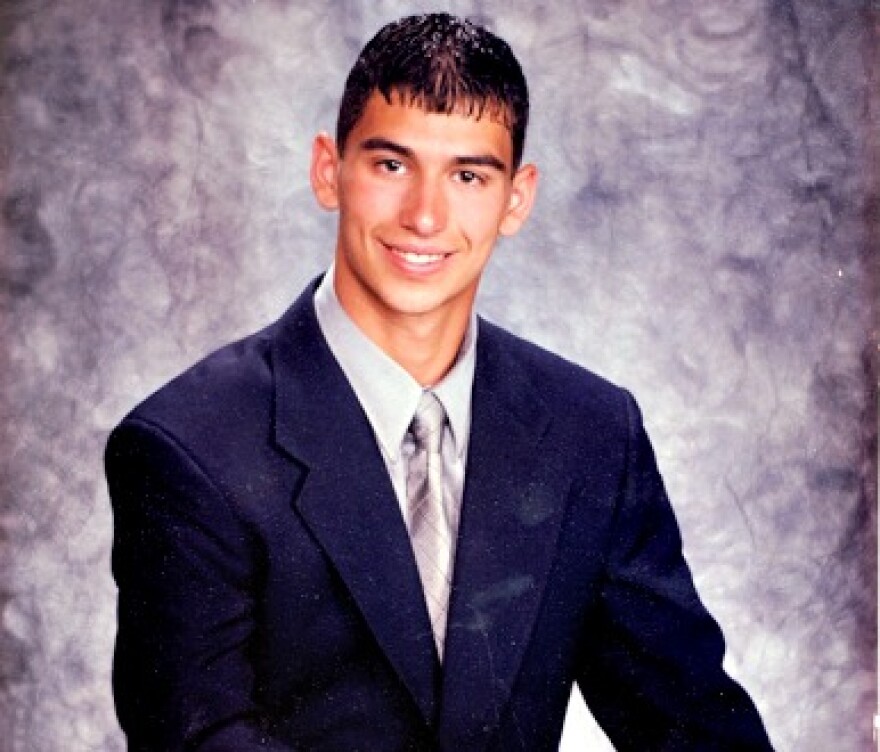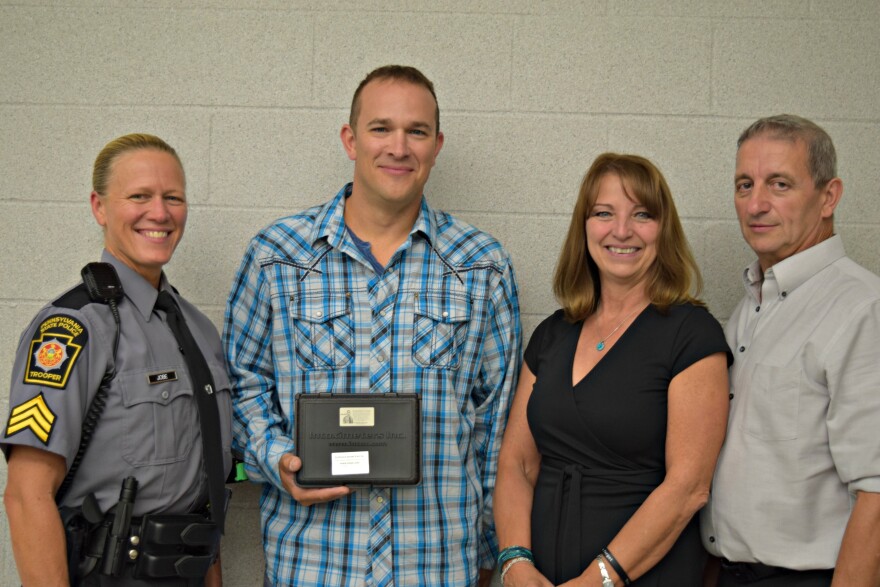When a drunk driver struck and killed Pennsylvania State Trooper Kenton Iwaniec, his parents began a personal crusade against drunk driving. They also set out to protect and assist law enforcement officers.
Now, eight years later, the foundation they started has purchased more than $600,000 worth of safety equipment. The money is mainly used to purchase portable breathalyzer tests, which police called PBTs.
“I can’t tell you enough about the Iwaniec family,” said Cpl. Scott Davis. “Deb and Ken and their daughters have made it a life mission that Kenton’s name is going to live through them.”
From an early age, Iwaniec dreamed of becoming an officer, his mother Deb said. The 24-year-old had only recently completed his training at the academy and had finished his fifth unsupervised shift before he was killed.
Iwaniec was killed at the end of his shift while driving home. The driver who hit him struck another vehicle first. Her blood alcohol level was more than three times the legal limit.

“He was an amazing young man,” Deb Iwaniec said. “His loss has impacted not just our family, but many, many other people.”
A few days after Deb and Ken Iwaniec buried their son, they began considering ways they could turn their tragedy into a positive mission that would make a difference.
“My biggest fear was that Kenton’s life would be taken in vain, no meaning or purpose behind it and I remember praying to God, ‘please give us direction. What is it that you want for us?’’”
Since then, the Iwaniec Foundation has purchased more than 1,000 PBTs for police departments, which, at $600 apiece, sometimes don’t have the funds to cover the cost.
Davis said driving while under the influence of drugs or alcohol remains a big problem for law enforcement.
“Across the country, we average one death or injury per minute from DUI related crashes,” Davis said.
The Iwaniecs also work to raise community awareness around impaired driving, speaking to high school and college students. They also meet with DUI offenders in the hopes of reducing recidivism.
“We say every time an impaired driver is stopped, lives are saved,” Deb Iwaniec said.




